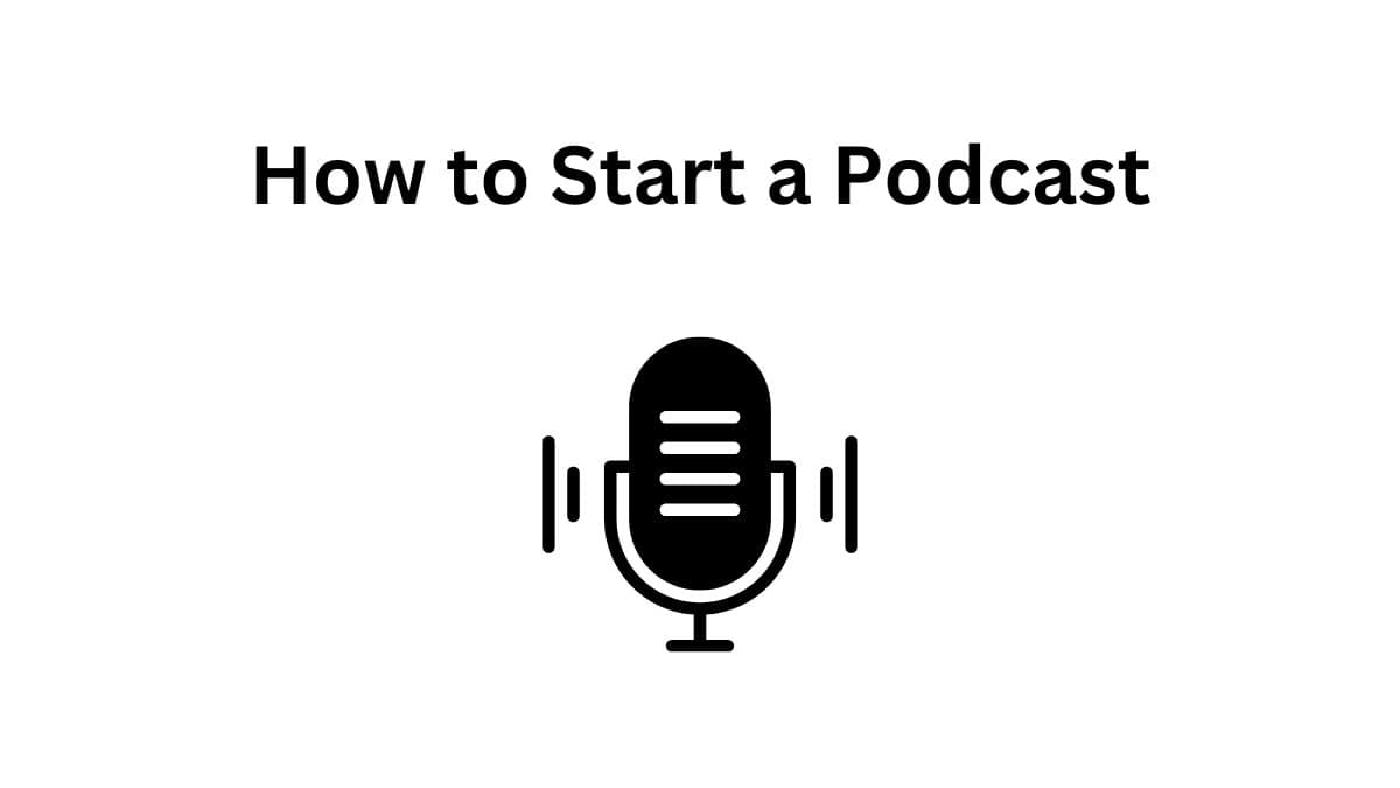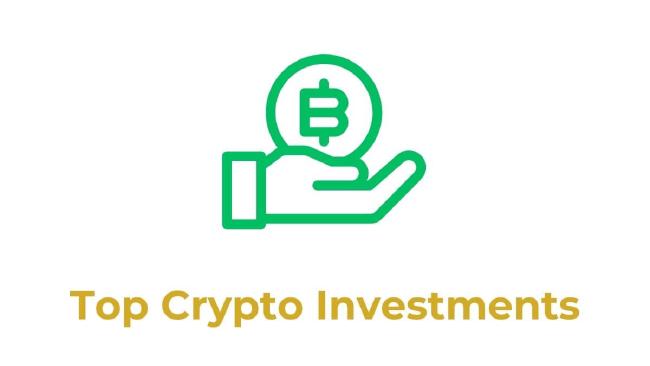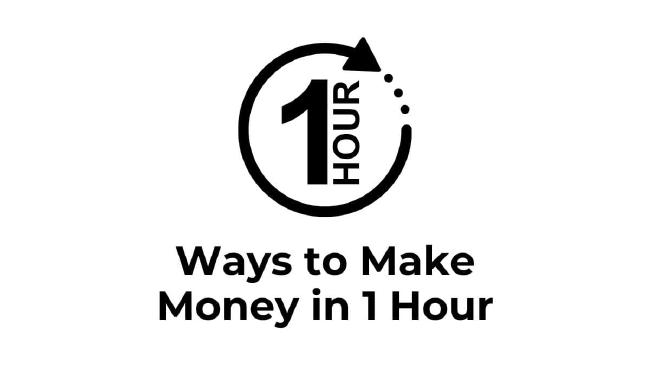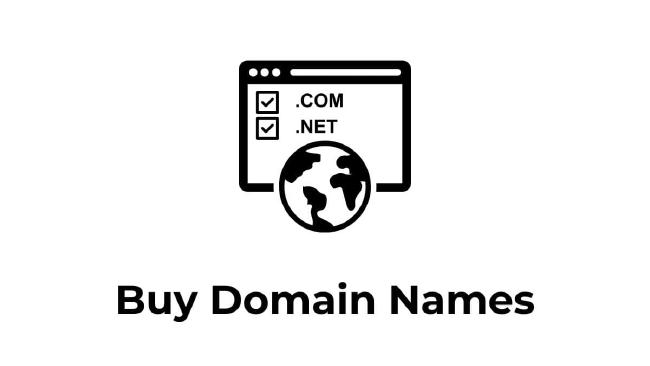How to Start a Podcast
Countless podcasters attest, and I concur that learning how to start a podcast marks an unparalleled milestone. This transformative endeavor not only empowers you to share your voice on a global scale, but also grants you the remarkable power to impact and inspire countless individuals. Consequently, advertising has surged dramatically over the years.
Yes, it's true. The spending on podcast advertising has skyrocketed over the past decade. In 2015, advertisers spent $69 million on ads. Two years later (2017), advertisers spent $314 million on advertisements. In 2019, businesses spent $514 million on podcast ads. According to data from the Interactive Advertising Bureau (IAB) and PwC, in 2020, experts expected ad revenue to exceed $1 billion dollars in 2021. Sure enough, they were correct, in 2021, podcast revenue crossed the $1 billion threshold for the first time.
| Year | Podcast Ad Revenue |
|---|---|
| 2015 | $69 Million |
| 2017 | $314 Million |
| 2019 | $514 Million |
| 2023 | $1.93 Billion |
Given the information, learning how to start an online business is more crucial than ever!
Fundamentals of Podcasting
So, what exactly is a podcast? Think of it as your own personalized radio show, where you have the freedom to talk about whatever tickles your fancy, be it true crime mysteries, cooking adventures, or deep dives into astrophysics. Unlike traditional radio, podcasts are on-demand, meaning listeners can tune in whenever and wherever they please.
The Business of Podcasting
Podcasting has revolutionized the digital media landscape, offering a dynamic platform for businesses to engage with their audience. With its low barrier to entry and wide reach, podcasts enable brands to showcase expertise, share insights, and build authentic connections. Leveraging the power of storytelling and conversational tone, businesses can humanize their brand, fostering loyalty and trust.
Moreover, the podcasting realm presents ample opportunities for monetization through sponsorships, advertising, and premium content. As the podcasting industry continues to thrive, businesses stand to benefit immensely from this versatile and impactful medium, exemplifying the potential of the business of podcasting .
How Do Podcasts Make Money?
Before you dive into the technical aspects of podcasting, it's essential to grasp the fundamentals and methods of monetization. A podcast is an episodic series of digital audio or video files that users can subscribe to and download to listen to on their devices. Unlike traditional radio, podcasts offer listeners the flexibility to consume content on their terms, making them an increasingly popular medium for both creators and consumers.
How do Podcasts Make Money ? The monetization of podcasts is a multifaceted endeavor that encompasses various strategies tailored to the unique characteristics of the medium. There are numerous ways to monetize your podcast and capitalize on your growing audience. From sponsorships and advertising deals to listener support and merchandise sales, the monetization opportunities are endless. Consider partnering with brands that align with your podcast's values and audience demographics, or explore the world of affiliate marketing to earn commissions on recommended products and services.
And don't forget about the power of listener support – offering exclusive perks and bonus content to subscribers can foster a sense of community and incentivize ongoing support for your podcasting endeavors.
How to Become a Successful Podcaster
If you're wondering how to become a successful podcasters, there are several key strategies to keep in mind. First, research the market. Find out what your competitors are up to! Pay close attention to successful podcasts platforms . That way you can close the gap.
Secondly, focus on creating high-quality content that resonates with your target audience. Consistency is crucial; releasing episodes on a regular schedule helps build a loyal listener base.
Engage with your audience through social media and listener feedback, creating a community around your podcast. Investing in good equipment, such as a quality microphone and soundproofing materials, will ensure your audio is clear and professional.
Optimizing your podcast for search engines (SEO) can significantly increase your visibility. Use relevant keywords in your titles, descriptions, and episode notes. For example, an episode titled "How to Become a Successful Podcaster: Tips and Tricks" will attract more searches.
Additionally, network with other podcasters and industry professionals to gain insights and cross-promote. Marketing your podcast through various channels like social media, email newsletters, and collaborations will help grow your audience.
By following these strategies, you'll be well on your way to becoming a successful podcaster, building a strong brand, and engaging with your audience effectively.
How to Start a Podcast Step-by-Step
Launching a podcast is much more than recording digital audio files. You must understand the fundamentals of starting a business. More importantly, how to monetize a podcast; that way you can earn a passive income from your content. Below is a step-by-step guide on how to start a podcast:
1. Identify Your Concept, Goals and Vision
The first step to starting your podcast involves devising a plan. For starters, you can use the 5 W’s who, what, when, why, where for planning. Who is your audience? What is your platform about? When are you planning to launch your podcast? Why are you launching a podcast? Where do you picture your platform five years from now? Answering these basic questions will help you identify a concept and a vision for your podcast.
2. Planning Your Content
Brainstorm ideas for your podcast topics and format. Consider what sets your podcast apart and how you can provide value to your audience. Develop a content strategy that aligns with your goals and resonates with your target listeners.
There are several formats you can use for your platform. The most popular format is the solo podcast, also known as the monologue. One person is the host in this format. Typically, the content for a solo podcast includes narrative storytelling, niche-related Q & A’s.
The second most popular format is the co-hosted podcast. This type of production involves two compatible individuals that can deliver content on the same subject. Other popular formats include:
- Educational podcasts – Typically, the educational podcast is niche-related. The content teaches the audience about a specific topic.
- Interview podcasts – This podcast involves interviewing someone from a particular industry actors, professional athletes, influencers, etc.
- News – The news podcast delivers content on a particular topic.
- Scripted fiction – This format is like writing a book, or better yet, listening to a TV, a drama series.
- Scripted non-fiction – These actual life story telling episodes require much research. Usually, the format focuses on one theme throughout a series.
3. Set up Dedicated Recording Space
Create a dedicated recording space that minimizes background noise and echoes. Optimize your environment with soundproofing materials and proper mic placement to ensure clear and professional-sounding recordings.
4. Name Your Podcast
There are a few options you can use to name your podcast. The first and most popular option is to include keywords in the title. So if your podcast is about cooking, you could name your platform “The Cooking Show”. The second option is to choose a catchy phrase, something that the audience will remember. Last but not least, you could use your name. However, this would not be a good idea unless you already have a social media following.
5. Purchase Podcasts Hosting Plan
If, this is your first podcast, I recommend purchasing a podcast hosting plan. The most common question most beginners have is ‘how do I know which web hosting company to pick’? Well, research podcast hosting platforms that meet your needs in terms of features, pricing, and scalability. Compare options based on factors like analytics, distribution, and ease of use to find the right fit for your podcast. Web Hosting can get expensive. Therefore, you should search for inexpensive companies that can host your platform like Bluehost, Google, or WordPress.
6. Get a Domain Name
It is advised to simultaneously get a domain name and Web Hosting plan. For the simple fact, most companies will give you a discount when you purchase bundle packages. I recommend sites like Web.com" and Google Domains. These companies are not only renowned but also offer cost-effective solutions.
7. Establish Podcasting Equipment Budget
You’ll need the proper gear to develop a professional sound to communicate with your audience. Using quality equipment is essential because it produces better sound and visuals. However, you don't need to break yourself in the process. You can find inexpensive gear online. Hence, establish a equipment budget for your podcast .
8. Identify Podcasts Content Creation Strategies
Content is king in the world of podcasting. To attract and retain listeners, you need compelling and engaging content that resonates with your target audience. Hence, identify podcasts content creation strategies .
9. Choose a Title
It’s recommended to choose a title on subjects that interest you so you can have fun. In addition, choose a title on a subject you have knowledge about. Include keywords in your title for search engine optimization purposes. But more importantly, you need a title that contains power words, emotional words, or uncommon words. That way you can increase your click-through rate CTR.
10. Create a Description
The podcast description should summarize your title. Keep SEO in mind when writing your description. Hence, remember to include keywords in your description. That way, you can let search engines know what your content is about.
11. Create a Cover
After you create your description, you’ll need to create a cover. Your cover is crucial. It will be the first thing people see when they visit your platform. If you are inexperienced in graphic design, it is advised to pay a professional to create your cover.
12. Implement Podcasting SEO Techniques
Search engine optimization (SEO) is crucial for making your podcast discoverable to potential listeners. Optimizing your podcast for search engines isn't just about climbing the charts – it's about connecting with your audience on a deeper level. By incorporating relevant keywords and metadata into your podcast episodes, you're making it easier for listeners to find and engage with your content. Plus, with higher visibility comes increased credibility and authority in your niche. So don't underestimate the power of podcasting SEO techniques – it's the secret weapon you need to unlock your podcast's full potential and make a lasting impact in the digital landscape.
13. Build Your Podcast Brand
Crafting a strong brand as a podcaster involves creating a cohesive identity that connects with your audience. Consistency across your podcast artwork and social media presence is essential. Engage authentically, respond to comments, and foster a loyal following who advocates for your podcast. Dedicate time to podcaster brand building – it's the cornerstone of long-term success in the podcasting realm.
14. Record an Episode
Editing and uploading your first episode will take some work. If you are unsure of what a solid episode looks like, look at other episodes that are up and running. Ordinarily, a solid podcast starts off with a smooth introduction. It may include a theme song. However, you must make sure the music is royalty-free.
15. Launch Your Podcast
Plan a successful podcast launch by creating engaging promotional materials and leveraging your network to build anticipation. Release your first episodes with confidence, knowing that you've laid a solid foundation for your podcast's journey.
16. Grow Your Audience
Implement strategies to grow your podcast audience, such as cross-promotion, social media marketing, and networking within your niche. Consistently deliver high-quality content and engage with your listeners to foster a loyal and enthusiastic community.
17. Monetize Your Podcast
While podcasting is undoubtedly a labor of love, there's no shame in exploring monetization opportunities to support your creative endeavors. From sponsorships and affiliate marketing to listener donations and merchandise sales, there are countless ways to monetize your podcast. Just remember to stay authentic to your brand and audience – nobody likes a sellout!
18. Evolve as a Podcaster
Continuously refine your podcasting skills and adapt to industry trends to stay relevant and competitive. Seek feedback from your audience and peers, and remain open to experimenting with new formats and ideas.
Related Posts
Highest Paid Bloggers
In the dynamic world of blogging, a select few have risen to the top, turning their passion for writing into lucrative careers. This article delves into the lives and earnings of the highest-paid bloggers, explores the various monetization methods they employ, and provides insights into how they transformed their blogs into successful businesses.
Read more39 Ways to Earn Money in 60 Minutes
In today's digital age, there are numerous ways to earn money online quickly. You can earn money selling stock photos, renting out your driveway, participating in focus groups and more. Each method is designed to be practical and easy to implement, making it perfect for anyone looking to boost their income in a short amount of time.
Read moreHow to Buy Domain Names
In the digital era, selecting the right platform for purchasing domain names is a critical step in building a strong online presence. The decision impacts not only the ease of managing your domain but also the level of support and features you receive.
Read more


